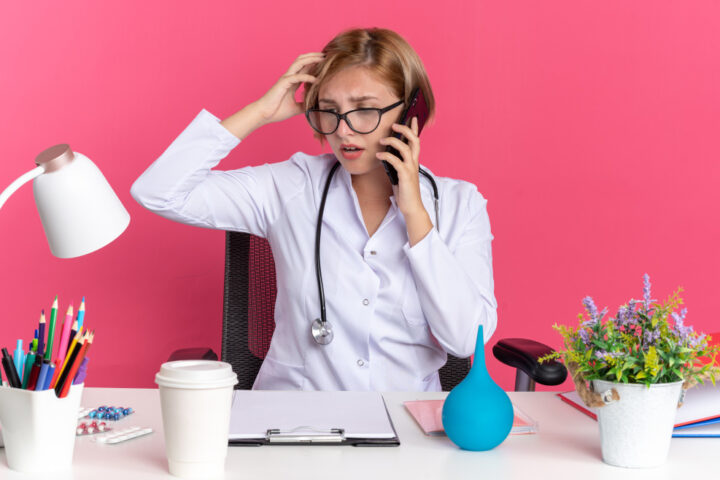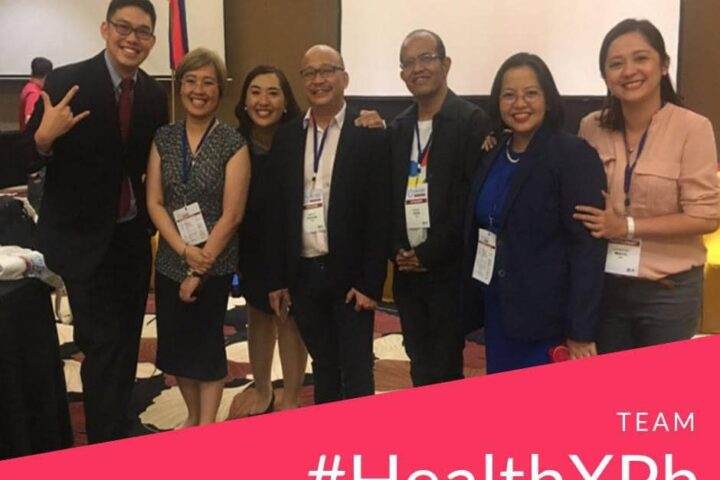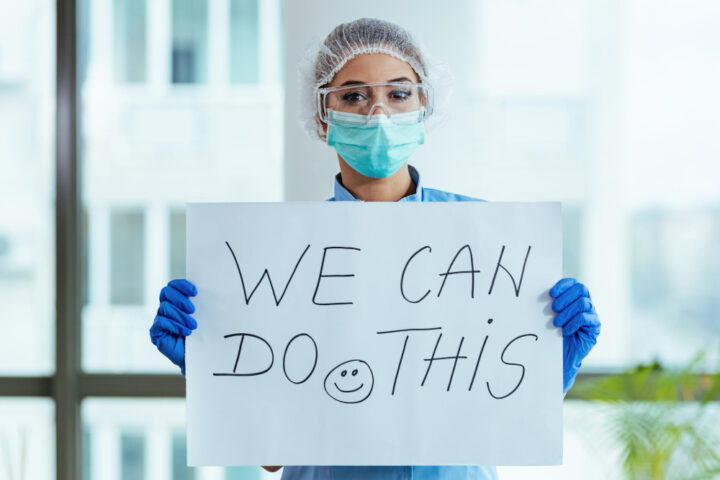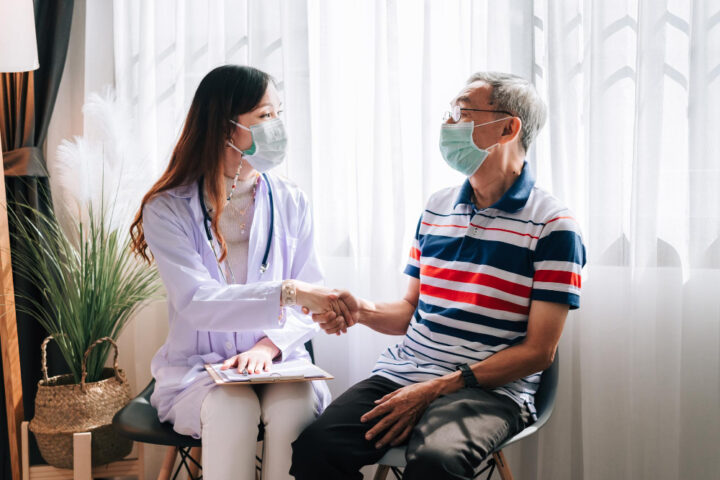I’ve seen dubious health or medical information online in the past but what’s lamentable is that only a few health professionals took time to correct the misinformation.
These are the possible explanations for this:
- We don’t care to do research on the health misinformation we see.
- We lack the necessary skills to distill knowledge and communicate it to the general public
- We lack the skills to execute constructive criticisms over social media.
- We lack networking skills to bring the conversation offline
The common denominator to all of these is apathy. We don’t care that much because social media is nowhere our field of “expertise”. We also assume that patients wouldn’t and shouldn’t believe these “fake” health information.
Bad news is, we totally missed the train of opportunities on both instances, . Why? We assert that medical professionals should be the primary source of medical information but failed miserably at putting our voice online.We make it hard for the general public to find credible healthcare voice online. Majority of internet users do visit the Google search page before our clinics. Yet we somehow delude ourselves into thinking that the public will find our voice online without us doing our part.
Why health professionals are not putting their voice online? Why are we so afraid of correcting health information on social media?
Most colleagues told me, they’d rather not talk or they might get into “trouble”. Things like online reputation being maligned or stepping on patient privacy rules are the biggest reason for not doing so. Second, most say they don’t have time for social media in healthcare. Third, most lack the communication skills, that language over social media to connect well with the public. Fourth, which I think is the saddest, most healthcare professionals don’t correct misinformation until it is their reputation is at stake online.
Most healthcare professionals are practically playing catch up with healthcare social media.
There’s so much concentration on what physicians should not do on social media because of ethical concerns. That is a very valid reason for caution but it’s not enough. We also have to find creative strategies of using social media to provide a credible voice online and refute medical misinformation.
Join #HealthXPh this Saturday April 8, 2017 9 PM Manila time as we discuss how credible health information can be placed online and positively correct medical misinformation.
- T1. As a healthcare professional, patient or patient advocate, how do you determine health/ medical misinformation online?
- T2. Are healthcare professionals, patients or patient advocates allowed to refute fake health information online? Would you correct misinformation online? Why or why not?
- T3. Give 3 tips on strategies you can take to correct medical misinformation on social media.
Lets find creative ways of positively using social media to disseminate scientific, well researched health information online! Join this tweetchat!













